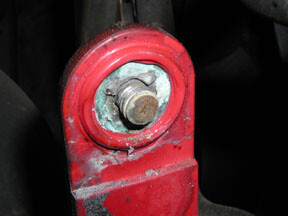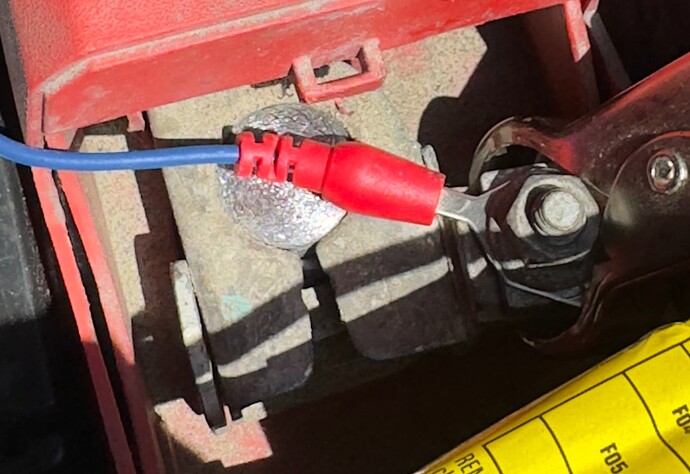Ok, so here is the problem about 6 months ago, my alternator died just after buying a new battery which, I didn’t notice until the battery had been discharged to 0.
I replaced the alternator, charged, the battery and everything is good, right?
Well no, I’ve noticed the battery seems to discharge really fast. I don’t know if this is because I damaged the battery or I got a bad battery, but like if I leave a door open for like 20min, the battery goes from full charge (12.9v) to like 12.1, sometimes not enough juice to even start the truck.
So I took the battery back to the auto store and got them to test it. They put it on their tester and came to the conclusion the battery is totally fine, no issues at all.
Last night I had it on a trickle charger all night, (2-8amp auto mode) this morning I went to start the truck and it couldn’t even crank, I had to boost the truck and then even though It was running, the truck died a few minutes later because the battery hit 0 again.
I know its not an alternator issue because my multimeter is showing 14v when idling, also it isn’t taking charge from a trickle charger either. I can presume if it was the alternator, the battery would charge fine off the trickle charger.
Is this battery just ruined or could it be some other issue? I don’t want to buy a new battery and just ruin that too? I’m not sure how to further test it? A cranking tester shows ~900 cranking amps but I just can’t keep the battery voltage up. If I hook a booster battery on, the truck comes to life normally so I don’t think its an issue with the starter system. Could this be a grounding issue? (I tested the ground coming off the battery and it seems to work fine, same with the ground by the alternator) Or is it just as simple as this battery is done and the store is lying to avoid a warranty claim?
Thanks for any help. This is on a 2007 Yukon Denali.

